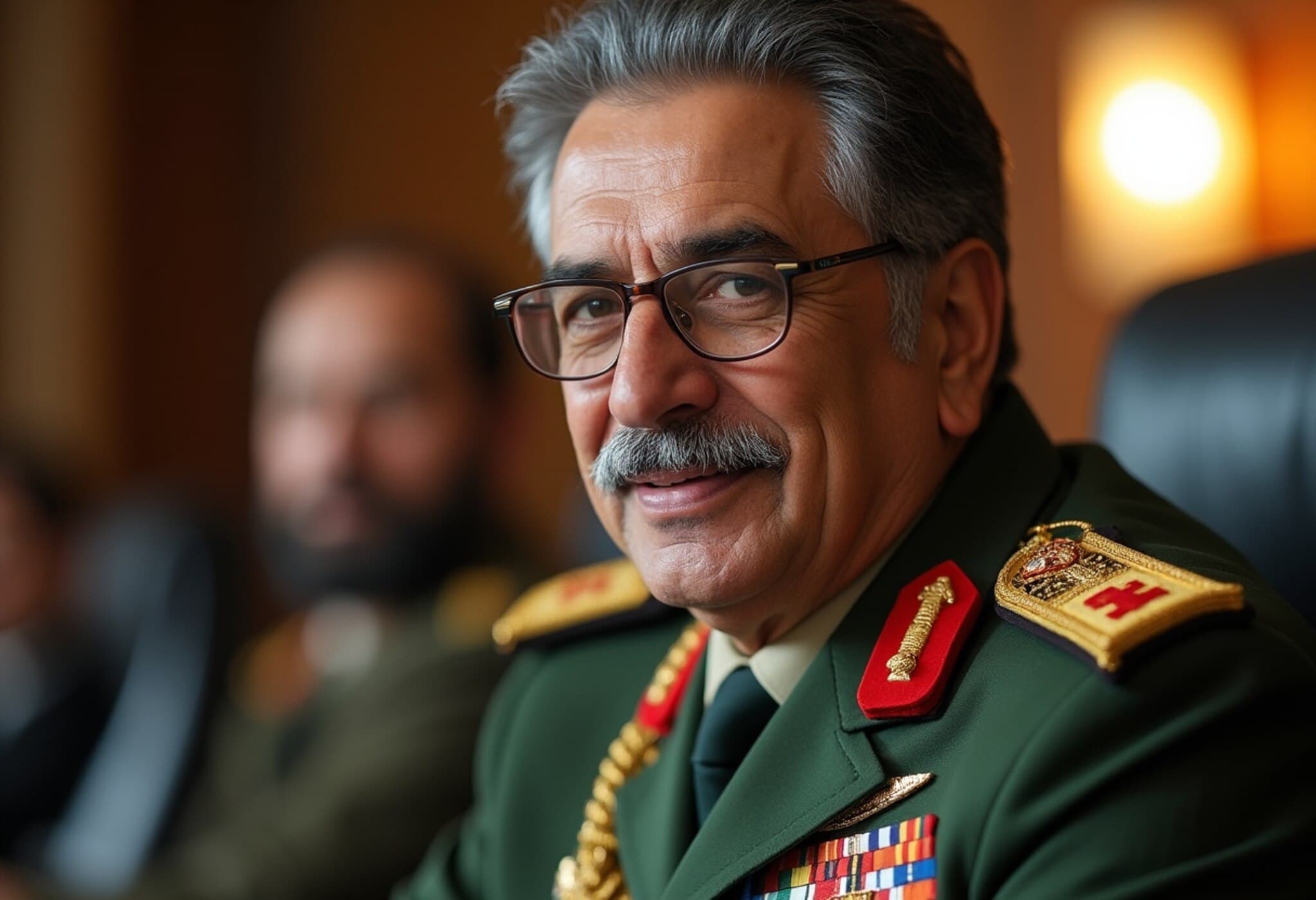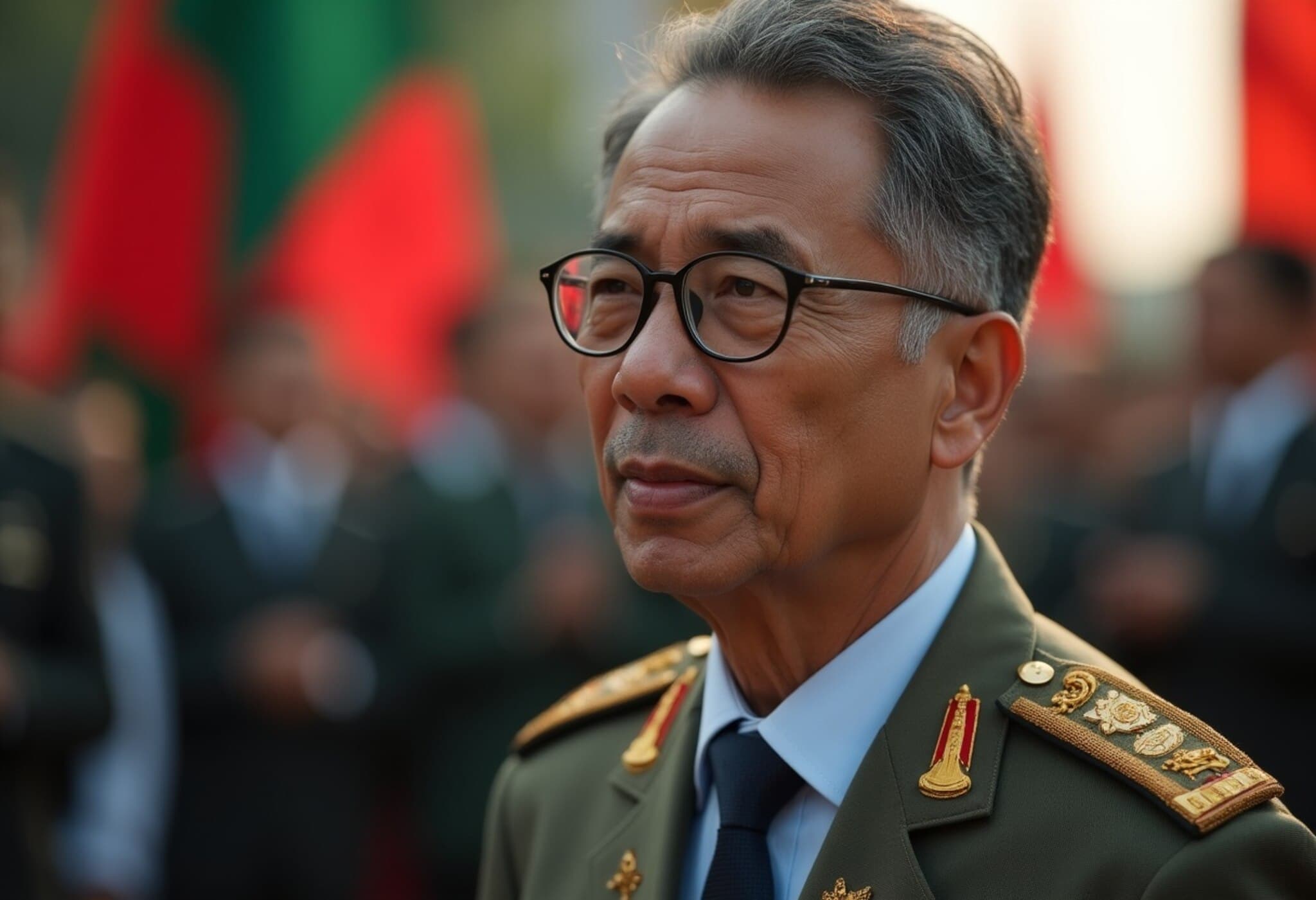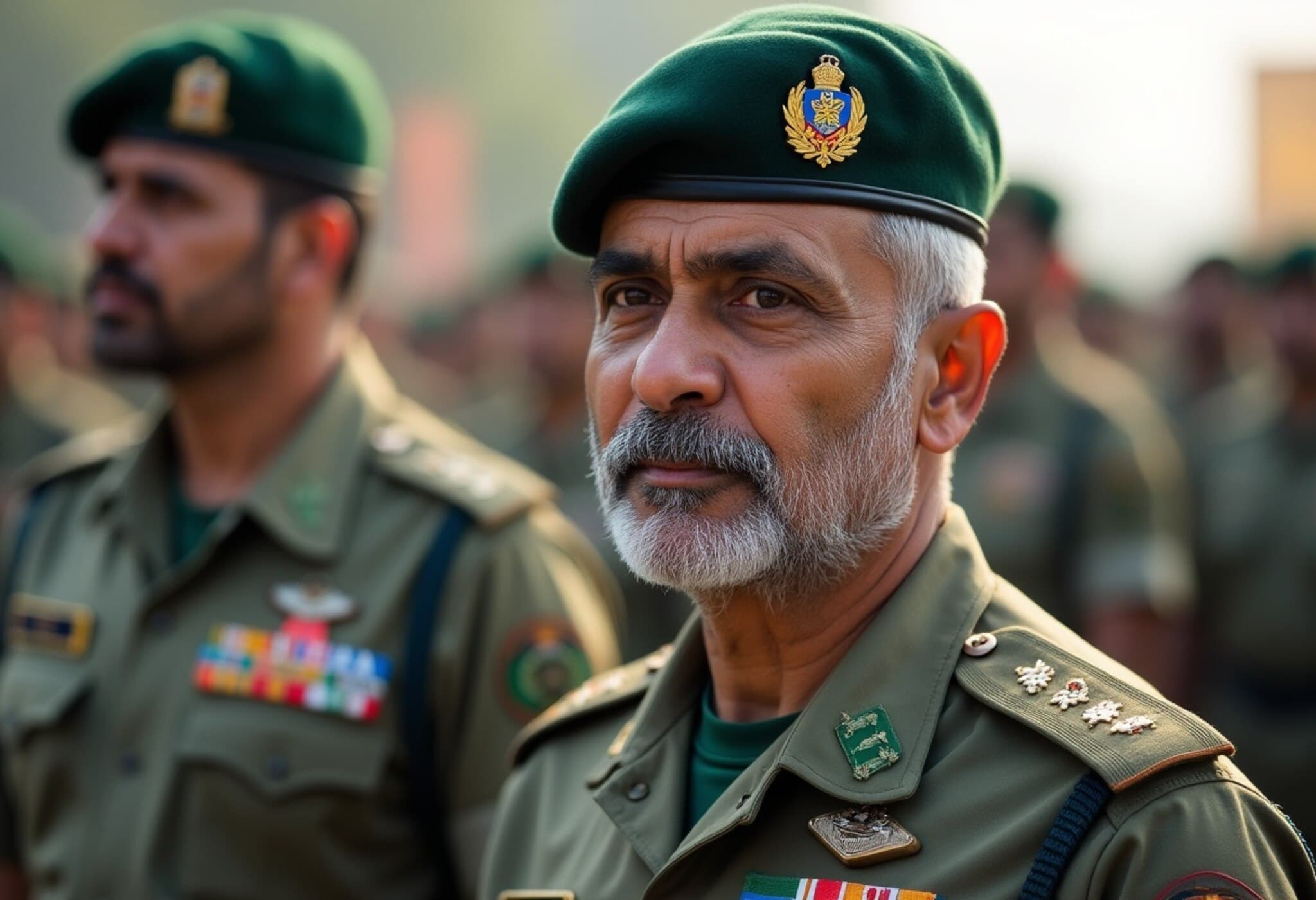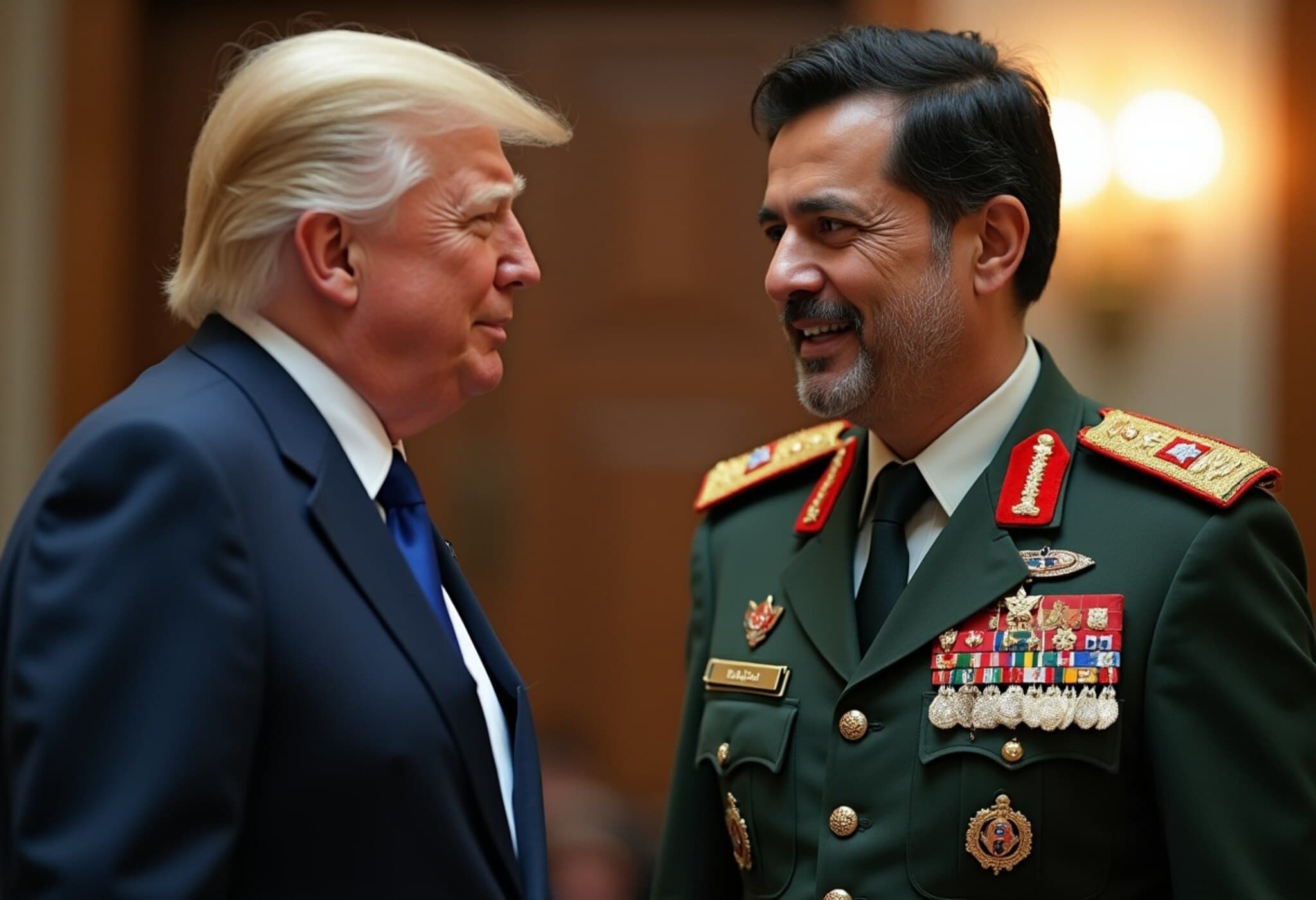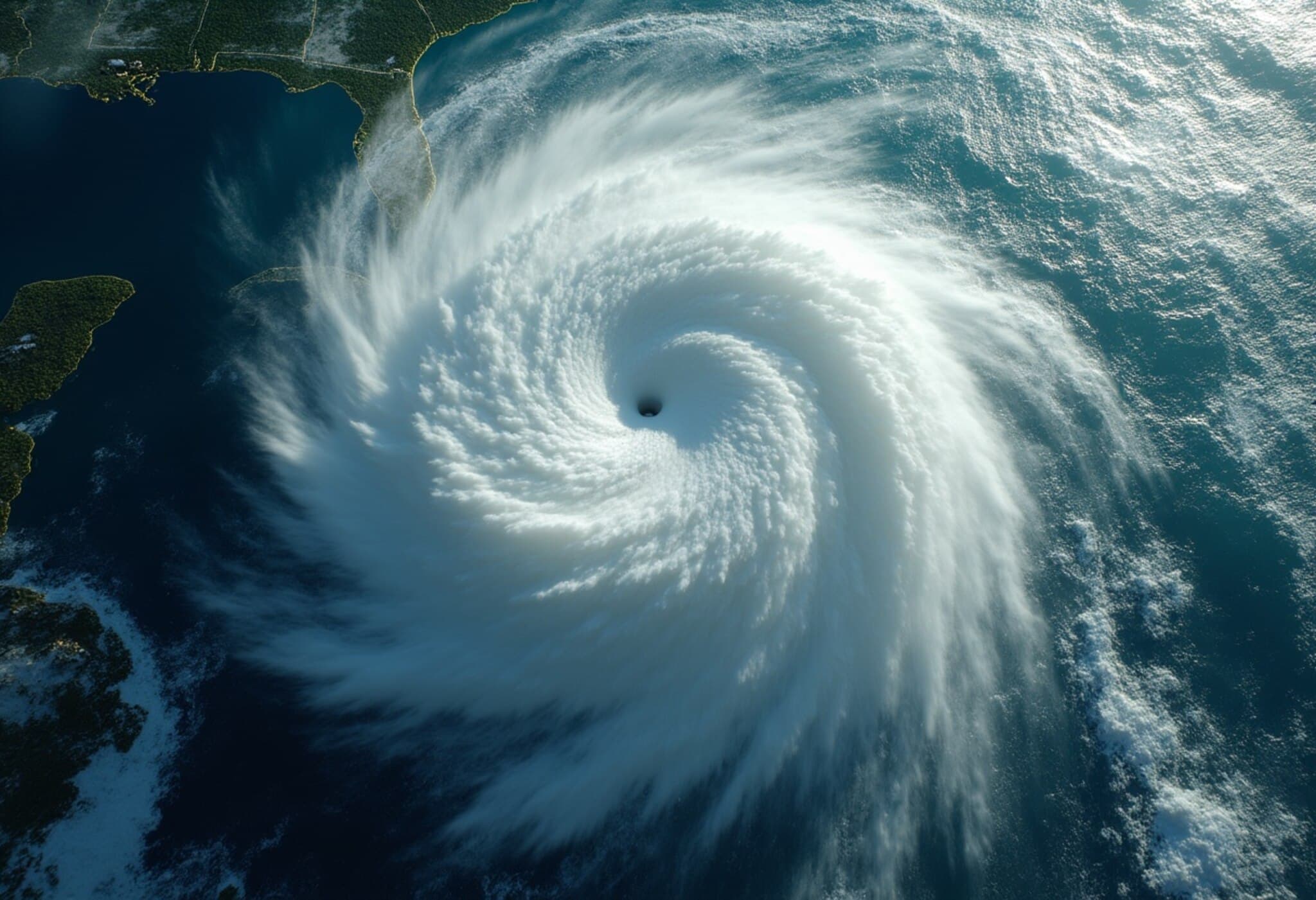Pakistan Army Chief Asim Munir Addresses Ousting Speculations
In a clear and firm dismissal, Pakistan Army Chief Field Marshal Asim Munir refuted circulating rumors about the potential removal of President Asif Ali Zardari. Speaking candidly during a recent visit to Brussels, Munir emphasized the strength of unity between the civilian government and the military establishment, calling the ousting speculation ”completely false.”
Rising Speculation Amid Political Unrest
Over the past weeks, Pakistani social media and political chatter have been rife with whispers of a possible upheaval, suggesting that President Zardari could be replaced and that the army chief might assume greater authority. These claims fueled concern about stability in one of South Asia’s most politically complex nations.
However, national leaders, including Prime Minister Shehbaz Sharif and Interior Minister Mohsin Naqvi, promptly dismissed such rumours as baseless. Munir’s public clarification further reinforces their stance, signaling a deliberate effort to quell fears of an imminent military takeover.
Insight from a Brussels Meeting
Esteemed journalist Suhail Warraich, writing for the Urdu daily Jang, provided an exclusive account of a two-hour conversation with Munir during his brief stopover in Belgium. Warraich reported that the army chief firmly rejected all suggestions of political turmoil instigated by the military.
Munir reportedly highlighted that certain elements are deliberately spreading misinformation to sow discord and political anarchy, an observation that resonates given Pakistan’s history of fraught civil-military relations.
Munir's Personal Conviction and Political Vision
- Defender, Not Politician: Munir declared, “God has made me protector of the country. I do not desire any position other than that,” illustrating his commitment to national security over political ambition.
- Political Reconciliation: He suggested a path towards political healing would require sincere apologies, a remark widely interpreted as directed toward the opposition party Pakistan Tehreek-e-Insaf (PTI) and its jailed leader, Imran Khan.
- Foreign Relations Balance: Munir emphasized maintaining a delicate equilibrium between the United States and China, the two powerful players influencing Pakistan’s geopolitical strategy. “We will not sacrifice one friend for the other,” he asserted.
- International Peace Recognition: Highlighting Pakistan’s diplomatic engagements, Munir praised former US President Donald Trump’s peace efforts and disclosed that Pakistan had initiated a nomination for Trump for the Nobel Peace Prize, followed by other nations.
Broader Implications for Pakistan’s Stability
This public disavowal by the army chief comes at a critical juncture where Pakistan grapples with economic challenges, rising political polarization, and an evolving security landscape. The military's reassurance seeks to stabilize public sentiment, which is often sensitive to rumors of coups or forced political changes given Pakistan’s history.
Experts note that such clarifications from military leadership are strategic, aiming to project an image of institutional harmony rather than discord. This message plays a vital role to international observers and investors who closely monitor Pakistan’s political stability.
What Remains Unsaid?
While Munir addressed rumors directly, questions linger about the internal dynamics of civil-military relations and the mechanisms promoting political dialogue amid deep divisions. The call for a “sincere apology” hints at ongoing tensions with opposition forces but leaves the specifics deliberately vague.
Moreover, the army chief’s diplomatic balancing act between global powers underscores Pakistan’s precarious position in global geopolitics, highlighting the thin line between national sovereignty and external pressure.
Editor’s Note
As Pakistan navigates this complex political environment, Field Marshal Munir's statements project an effort to reassure citizens and the international community. Yet, the shadow of political unrest and factionalism remains. Will calls for reconciliation translate into real dialogue? How will Pakistan balance its strategic alliances without compromising its autonomy? These remain key questions in 2025's unfolding narrative.

